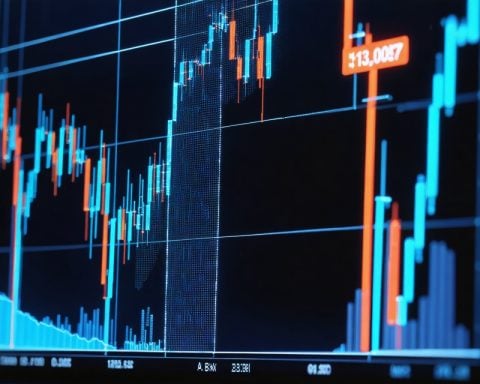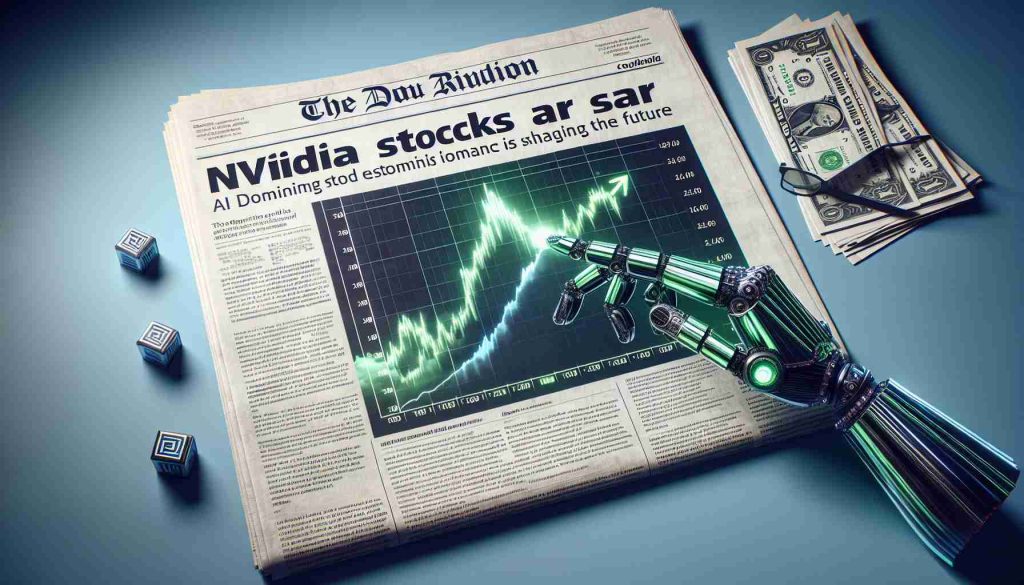In a decisive financial maneuver, Samsung Electronics has embarked on its first major share buyback in seven years, igniting discussions across global markets. With its stock values threatening to dip below 50,000 won, Samsung announced a substantial buyback plan worth 10 trillion won (approximately US$7.18 billion), aiming to reignite investor confidence.
Samsung’s strategy involves purchasing and retiring 0.8% each of its common and preferred shares over the coming three months. Should the plan succeed over the next year, more than 2% of its shares in circulation could vanish, echoing a similar effort last seen in 2017. That year, the company bought back 2.7% of common and 4.8% of preferred shares, a move that preceded one of its most profitable periods.
Industry insiders are divided on the buyback’s potential effectiveness. While some predict a rebound in stock prices, others caution that this financial gymnastics may not tackle the underlying challenges plaguing Samsung. A recent statement from Samsung’s semiconductor division hinted at a “crisis” due to diminished technological competitiveness, yet solutions remain undisclosed.
Analysts express skepticism as Samsung has yet to provide updates on crucial chip supply agreements with major clients like Nvidia. This uncertainty, coupled with lackluster profit forecasts for 2023, casts doubt on the buyback’s ability to fully restore investor faith. As Samsung navigates this complex landscape, many question whether this bold financial move will be enough to steer the tech giant back to its former glory.
Has Samsung’s Latest Share Buyback Unmasked the Tech Giant’s True Vulnerabilities?
In a recently disclosed strategic move, Samsung Electronics announced a significant buyback of its shares, the first in seven years, a decision that has stirred diverse reactions among investors and market analysts. But this maneuver, defended by some as a spark for renewed investor interest, also unveils a tapestry of potential implications for not only Samsung but also the broader tech industry and global markets.
While Samsung’s buyback may hold immediate consequences for stock valuation, its impact spans far beyond quick financial remedies. In today’s volatile economic climate, share buybacks can unearth latent skepticism about a company’s future potential and operational health. Let’s explore why this is vital:
Unmasking Samsung’s Internal Challenges
Beneath the veneer of this financial tactic lies an intricate web of issues that could redefine Samsung’s role in the global technology sphere. A noteworthy concern is the state of Samsung’s semiconductor division, previously highlighted as undergoing a “crisis.” The complete nature of this crisis remains undisclosed, engendering speculation about serious performance and competitive challenges within the sector. Does this indicate a broader problem affecting Samsung’s ability to spearhead innovations in technology?
Interesting Facts and Controversies
Despite the significant resources allocated to buybacks, these decisions often spark debates about strategic priorities. Should Samsung direct more capital towards research and development instead, particularly in artificial intelligence and the Internet of Things, which could solidify its stance as a market leader? Furthermore, recent lackluster profit forecasts raise questions about whether the company can pivot and reclaim its competitive edge.
While share repurchases are devised to boost stock prices and shareholder value, they represent a temporary fix. Historical data mirrors this duality; while Samsung’s last buyback initiative preceded a highly profitable period, experts contest whether such causation will repeat in the current tech landscape.
Implications for Communities and Countries
On a more macroeconomic level, such large-scale corporate maneuvers hold profound implications for the communities and countries interconnected through Samsung’s influence. As a global manufacturing nexus, Samsung’s financial health directly affects employment and economic stability in regions housing its production facilities. An effective buyback may stabilize Samsung’s stock, benefiting shareholders, but does it translate into secure jobs and economic resilience in these regions?
Moreover, Samsung’s strategic decisions resonate within the corridors of policy-making, particularly in its home country, South Korea. The corporation’s trajectory can affect national wealth, technological leadership, and even political policies focused on business sustainability and innovation support.
Pros and Cons
Advantages:
– Immediate Stock Price Boost: The perception of decreased supply can momentarily increase share prices, benefiting shareholders.
– Sign of Confidence: A buyback can signal the company’s belief in its undervalued stock.
Disadvantages:
– Negligible Long-term Impact: Boost in stock price might not persist without addressing structural and competitive challenges.
– Misallocation of Resources: Funds directed towards buybacks might have longer-term benefits if invested in innovation.
Questions and Answers
How does this affect global semiconductor supply chains?
Given Samsung’s pivotal role in global chip manufacturing, its vulnerability can lead to rippling effects, impacting global tech companies reliant on its semiconductors.
Will the buyback restore investor confidence immediately?
Though initially enticing, lasting confidence will likely depend on Samsung delivering clarity and resolution regarding its semiconductor and technological strategies.
To explore further information regarding global semiconductor market trends and expert analysis, visit the following link: SAMSUNG.
By uncovering these layers, it becomes clear that Samsung’s latest buyback is not just a financial play but a larger discourse in economic strategy and corporate governance that could set a precedent for others in the tech industry.





















